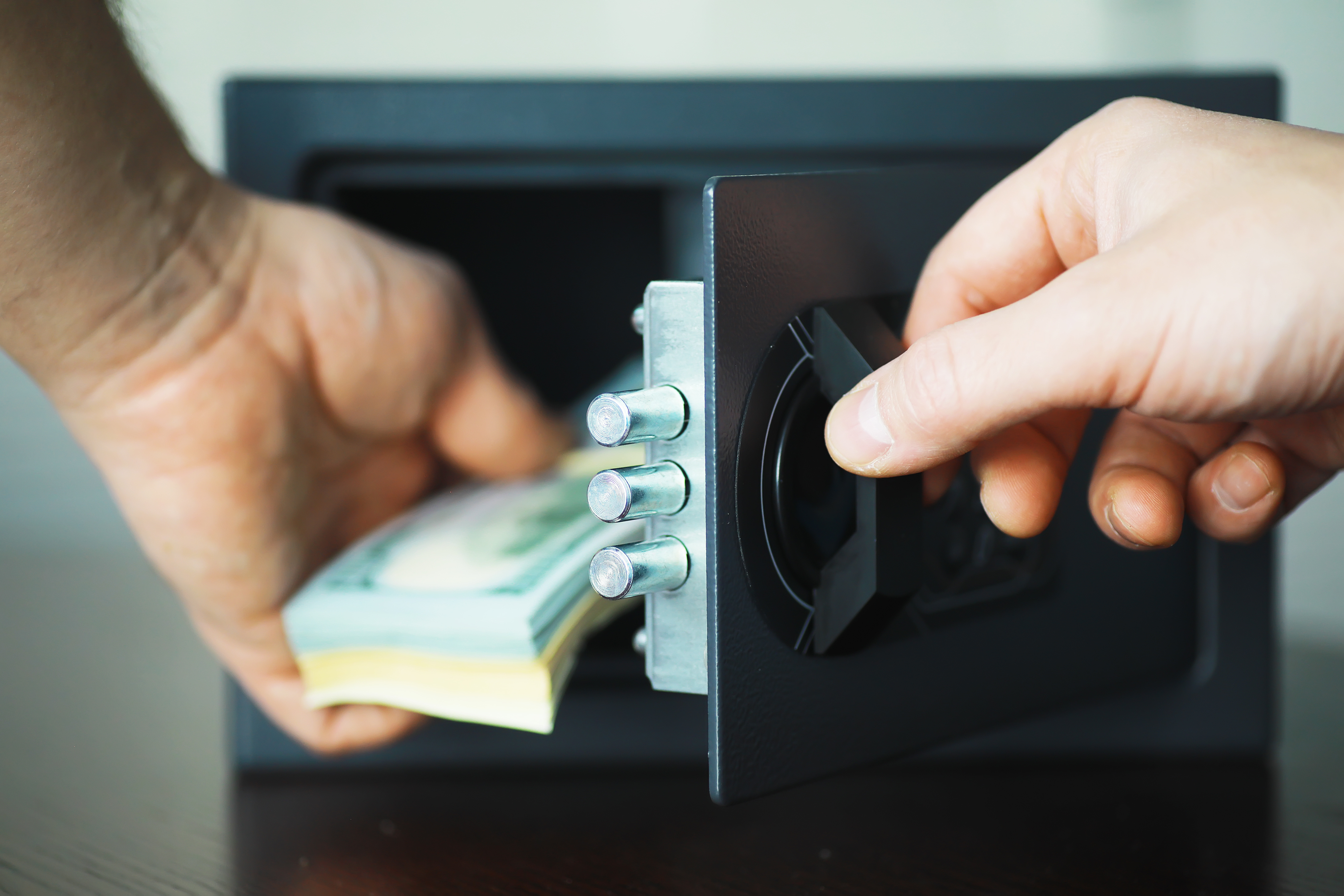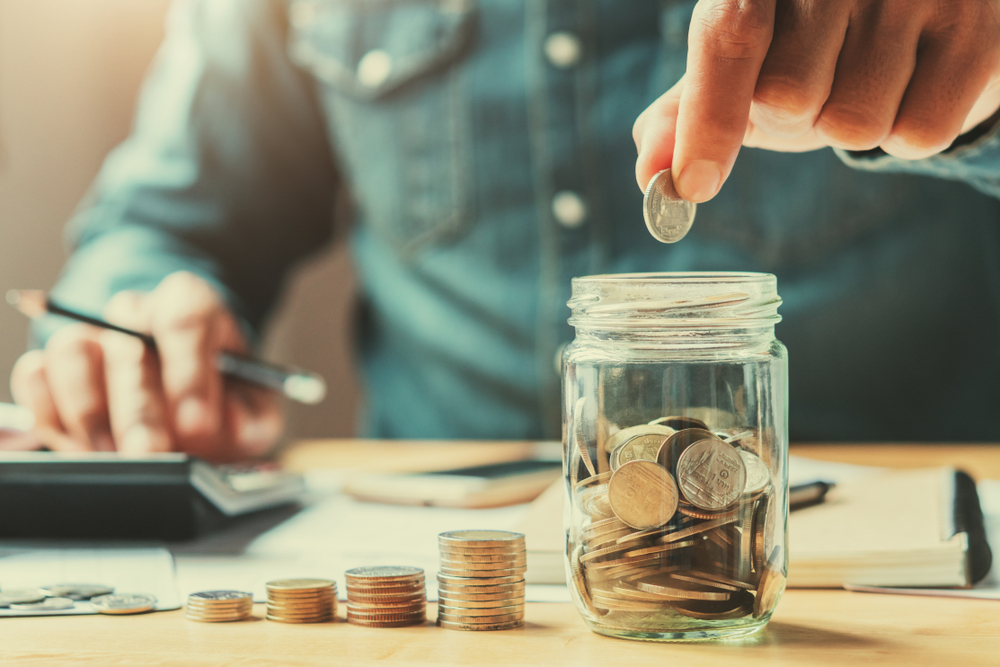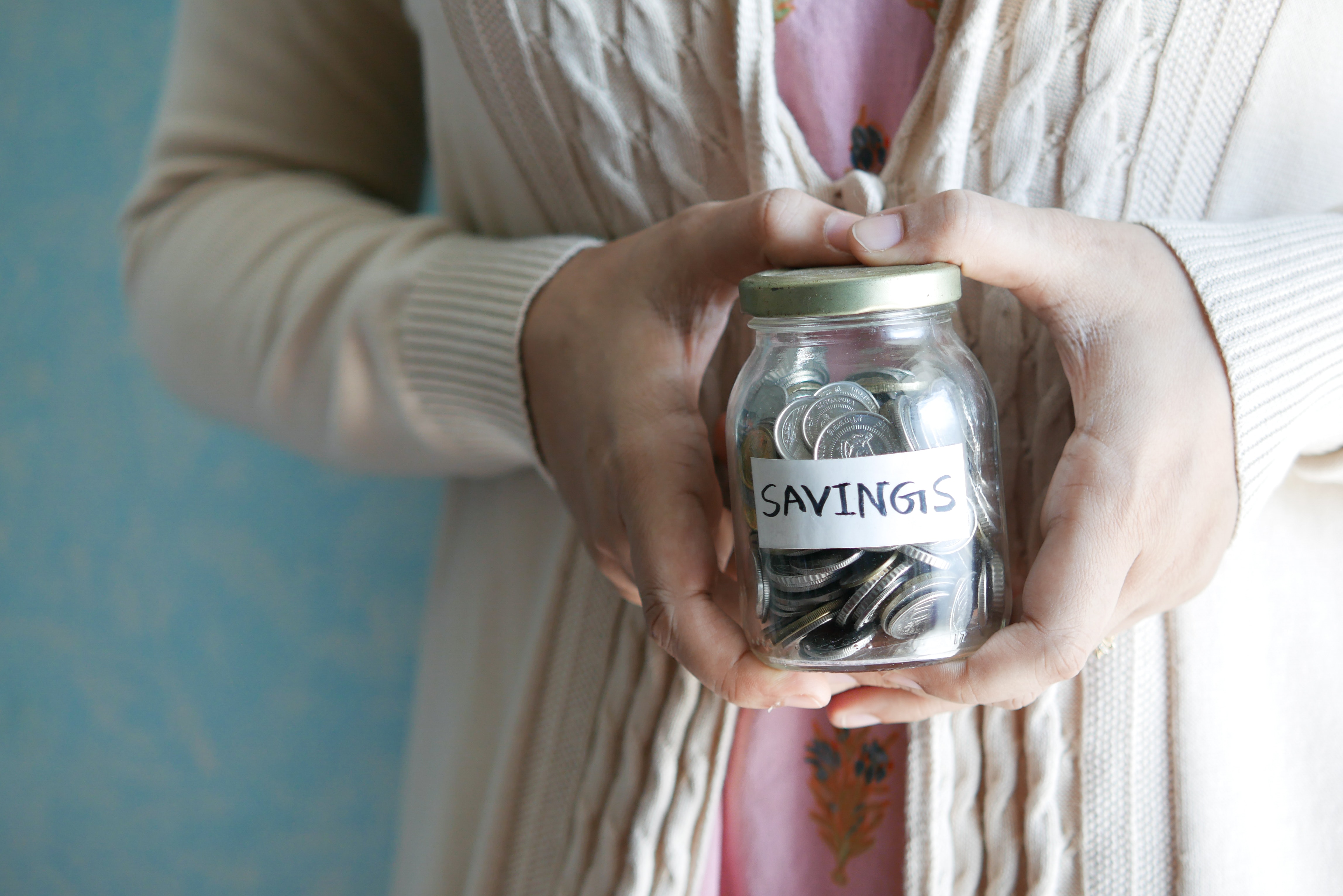Building Your Emergency Fund
Life is full of unexpected surprises, and while some can be delightful, others can hit your wallet hard.
This is where an emergency fund comes in—a financial safety net designed to cover unforeseen expenses like medical emergencies, car repairs, or job loss.
If you've never had one, fret not. This guide will walk you through creating your first emergency fund, step by step.
1. Understand Its Importance
Before diving in, it's crucial to comprehend the significance of an emergency fund.
It's not just another bank account—it's peace of mind.
It ensures you don't dip into savings meant for other goals (like buying a home or vacation), and it prevents you from accumulating debt during hard times.
2. Set A Target Amount
How much should be in your emergency fund?
A good rule of thumb is to start with a goal of saving three months' worth of living expenses.
For some, this might be $3,000, while for others, it might be $10,000. Adjust this amount based on your personal comfort level and circumstances.
3. Start Small
If you're new to saving, the target amount might seem daunting.
That's okay. Begin by setting aside a small, manageable amount each month—whether it's $50, $100, or more. Over time, these contributions will add up.
4. Open a Separate Account
To avoid the temptation of spending your emergency savings, open a separate savings account.
This will mentally separate the funds from your daily spending money. Look for accounts with no fees and higher interest rates to maximize your savings.
5. Automate Your Savings
Set up an automatic transfer from your checking to your savings account. Automating the process ensures consistency and removes the hassle of remembering to save each month.
6. Cut Unnecessary Expenses
Review your monthly expenses and identify areas where you can cut back. Maybe it's that extra coffee shop visit, or perhaps it's a subscription service you no longer use. Redirect these funds to your emergency savings.
7. Boost Your Income
If you're finding it hard to save, consider ways to increase your income.
This could mean taking on a part-time job, freelancing, or selling unused items. Any extra cash can be funneled into your emergency fund.
8. Stay Committed And Review Regularly
Building an emergency fund is a commitment. Regularly review your progress, and if you reach your initial goal, consider raising it. Life circumstances change, and as they do, your emergency fund should evolve too.
9. Avoid Touching the Funds
Remember, this fund is for emergencies only. Avoid the temptation to dip into it for non-urgent expenses. If you must use it, prioritize replenishing the amount as soon as you can.
10. Celebrate Milestones, But Stay Disciplined
Every time you hit a savings milestone, whether it's reaching the halfway mark or achieving your full emergency fund goal, take a moment to celebrate.
This could be a simple acknowledgment, treating yourself to a small reward, or sharing the achievement with loved ones. Recognizing your progress can boost motivation.
Final Thoughts
While it's important to celebrate, remember to remain disciplined. The end goal is long-term financial security, and maintaining that discipline ensures your emergency fund stays intact for when you truly need it.
Building your first emergency fund may take time, but it's an investment in your financial security and peace of mind.
By following these steps and staying committed, you'll be prepared for whatever life throws your way.



















